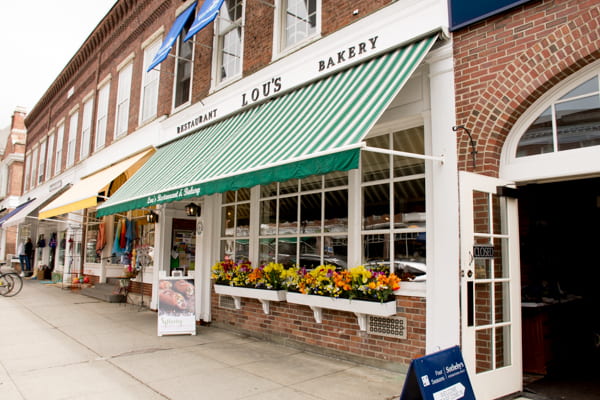Title: On-Night
General Information:
- Type: Verbal Folklore
- Language: English
- Country of Origin: United States
- Informant: AM ’23
- Date Collected: 11/1/2021
- Location: Baker/Berry Library at Dartmouth College
Informant Data:
- AM ’23 is from Orange County, California, and is a student at Dartmouth College studying Economics and Government. He is involved on campus as a teaching assistant in the Government Department. He plans on going into consulting after graduation.
Contextual Data:
- Culture Context: Dartmouth has a “work hard, play hard” culture where students are expected to perform well academically and work hard at the schoolwork while also maintaining an active social life on campus. Furthermore, fraternities are a very prominent part of the social scene at Dartmouth.
- Social Context: Dartmouth students typically go out to parties to socialize on Wednesdays, Fridays, and Saturdays. While students can find things to do on other nights, these three nights in particular are when larger events are hosted by the dozen fraternities on campus.
Item:
- The phrase “on-night” refers to nights when Dartmouth students typically go out to parties. For example, someone will say to their friend, “Are you going out tonight?”. Their friend might respond with the following: “Yeah of course, it’s an on-night.”
Associated File:
- Transcript: “An on-night is Wednesday, Friday, or Saturday when more parties are hosted. There’s parties on other nights once in a while, but those are the days most people go out. On-night is a phrase you hear all the time around campus. Friends will throw it around all the time, usually in the context of whether or not they should go out. I’m not sure when it originated: it’s be used since I’ve been here and I would guess long before.”
Informant’s Comments:
- Even students who go out a lot might not go out every on night, myself included.
Collector’s Comments:
- While this phrase might not be entirely Dartmouth specific, it is a very prevalent phrase in our vocabulary.
Collector’s Name: Annabel Revers
Tags/Keywords: Verbal Folklore, Students, English, Dartmouth, Social




